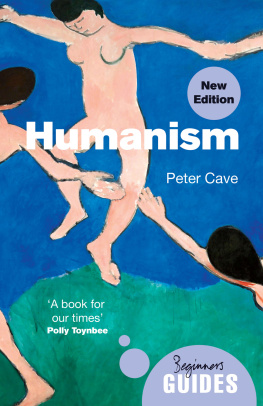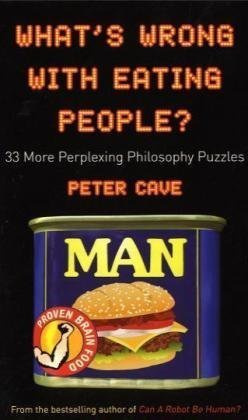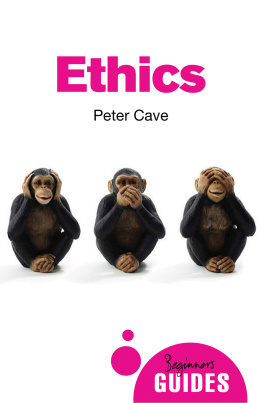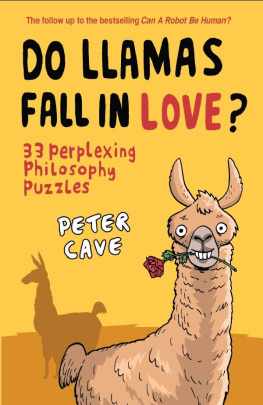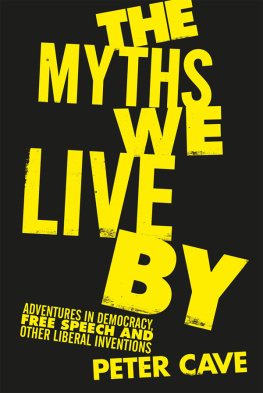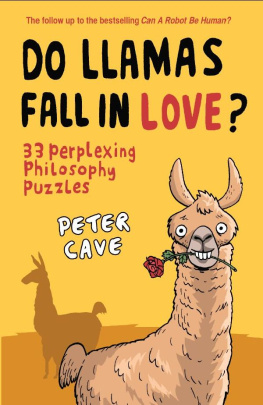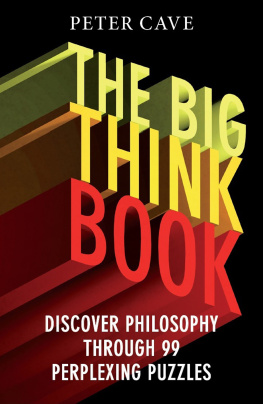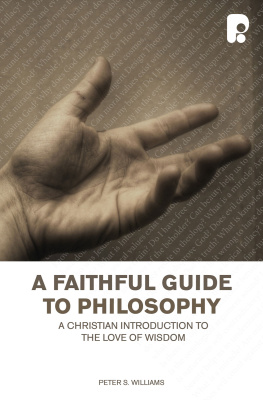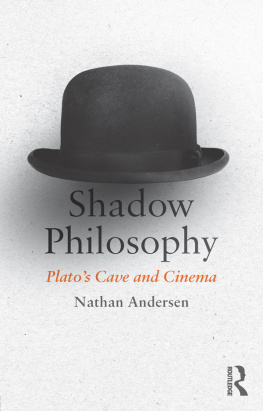Philosophy
A Beginners Guide
ONEWORLD BEGINNERS GUIDES combine an original, inventive and engaging approach with expert analysis on subjects ranging from art and history to religion and politics, and everything in between. Innovative and affordable, books in the series are perfect for anyone curious about the way the world works and the big ideas of our time.
aesthetics
africa
anarchism
aquinas
art
artificial intelligence
the bahai faith
the beat generation
biodiversity
bioterror & biowarfare
the brain
british politics
the buddha
cancer
censorship
christianity
civil liberties
classical music
climate change
cloning
cold war
conservation
crimes against humanity
criminal psychology
critical thinking
daoism
democracy
descartes
dyslexia
energy
engineering
the enlightenment
epistemology
european union
evolution
evolutionary psychology
existentialism
fair trade
feminism
forensic science
french literature
genetics
global terrorism
hinduism
history of science
humanism
huxley
islamic philosophy
journalism
judaism
lacan
life in the universe
literary theory
machiavelli
mafia & organized crime
magic
marx
medieval philosophy
middle east
NATO
nietzsche
the northern ireland conflict
oil
opera
the palestineisraeli conflict
paul
philosophy
philosophy of mind
philosophy of religion
philosophy of science
planet earth
postmodernism
psychology
quantum physics
the quran
racism
renaissance art
shakespeare
the islamic veil
the small arms trade
the torah
sufism
volcanoes


A Oneworld Paperback Original
Published by Oneworld Publications 2012
This ebook edition published in 2012
Copyright Peter Cave 2011
The moral right of Peter Cave to be identified as the Author of this work has been asserted by him in accordance with the Copyright, Designs and Patents Act 1988
All rights reserved
Copyright under Berne Convention
A CIP record for this title is available from the British Library
ISBN 978-1-85168-937-8
ISBN 978-1-78074-116-1 (ebook)
Typeset by Cenveo Publisher Services, Bangalore, India Cover design by vaguelymemorable.com
Oneworld Publications
185 Banbury Road
Oxford OX2 7AR
UK
Stay up to date with the latest books,
special offers, and exclusive content from
Oneworld with our monthly newsletter
Sign up on our website
www.oneworld-publications.com
PHILOSOPHERS ON PHILOSOPHY
The unexamined life is not worth living .
Socrates (469399 BC )
Other people may well be unaware that all who actually engage in philosophy aright are practising nothing other than dying and being dead.
Plato (429347 BC )
Curiosity first led men to philosophize and that still leads them.
Aristotle (384322 BC )
Philosophy is properly home-sickness; the wish to be everywhere at home.
Novalis (17721801)
To repeat the whole nature of the world abstractly, universally, and distinctly in concepts, and thus to store up, as it were, a reflected image of it in permanent concepts always at the command of reason; this and nothing else is philosophy.
Schopenhauer (17881860)
A philosophical problem has the form: I dont know my way about.
The problems are solved, not by giving new information, but by arranging what we have always known.
Philosophy is a battle against the bewitchment of our intelligence by means of language.
Wittgenstein (18891951)
A philosopher is like a blind man in a dark room looking for a black cat that is not there.
Anon
Prologue:
take your time
Philosophy is the child of wonder of wonder and curiosity about the world. The world, of course, consists not solely of what we are able to perceive see, hear, smell, touch and taste but also of our thoughts, desires and imagination: of ourselves. The self and its awareness of the world generate wonder, curiosity and also bafflement. What is the self? What is the reality behind appearances?
We seek to understand the world, including ourselves, through science, mathematics and reason, through art, music and religion. We also act on the world, change the world and feel that some things ought to be done, while others ought not. We possess a sense of morality, of the good and the bad, of how societies need scope for liberty, welfare and justice, of how lives may possess or lack meaning.
Philosophers philosophize about all the matters just mentioned. Philosophers philosophize not just about the reality of the physical world and ourselves, but also about how we gain knowledge of the world and the nature of scientific theories about that world. Philosophers also reflect on quite what goes on in other areas of study and activity in mathematics, physics and psychology; plays, poetry, art and music.
The philosopher is not a citizen of any community of ideas.
That is what makes him into a philosopher.
Those are words from the Cambridge philosopher Ludwig Wittgenstein, arguably the greatest philosopher of the twentieth century. They tell us that philosophers may focus their thinking and thinking is at the heart of philosophizing on any arena. Thus, philosophers investigate the nature of mind, of time and action; they consider attempted proofs for Gods existence, arguments about free will and whether goodness and beauty are objective. Thinking philosophically is not quick and easy. Thinking hard can sometimes be as tiring as manual labour, though hands remain clean, and the thinking may well be accompanied by a glass of wine or two.
The classical image, caricature indeed, of a philosopher is of Socrates wandering ancient Athens, head in clouds. In fact, Socrates was firmly earthbound: his philosophical beginnings were curiosities raised by everyday life by what people did and said, and by their relationships. Some individuals are praised as courageous, virtuous and knowledgeable: they desire love, beauty and truth. So, Socrates would ask his famous What is? questions. What is courage virtue, knowledge? What is justice beauty, truth? He was adept at showing the show-offs that, in the end, they did not know. Hence, there is Socrates quip that he was considered the wisest man of Athens because he knew that he did not know well, let us assume he added sotto voce, apart from knowing that he did not know.
Now, it is a substantial philosophical question how questions of the Socratic form should be answered. Consider: What is beauty? Socrates and others assumed that items of beauty must possess a certain quality in common, running throughout, making them all beautiful. Wittgenstein yes, his name will appear quite a few times famously drew attention to family resemblances, suggesting that often a term is correctly applied to a group of items, even though there is no single thread running throughout, justifying use of that term. A rope is strong because of the overlapping of weak threads. Consider all the different activities that are games. Must they have something in common, running through them all, that makes them all games?


